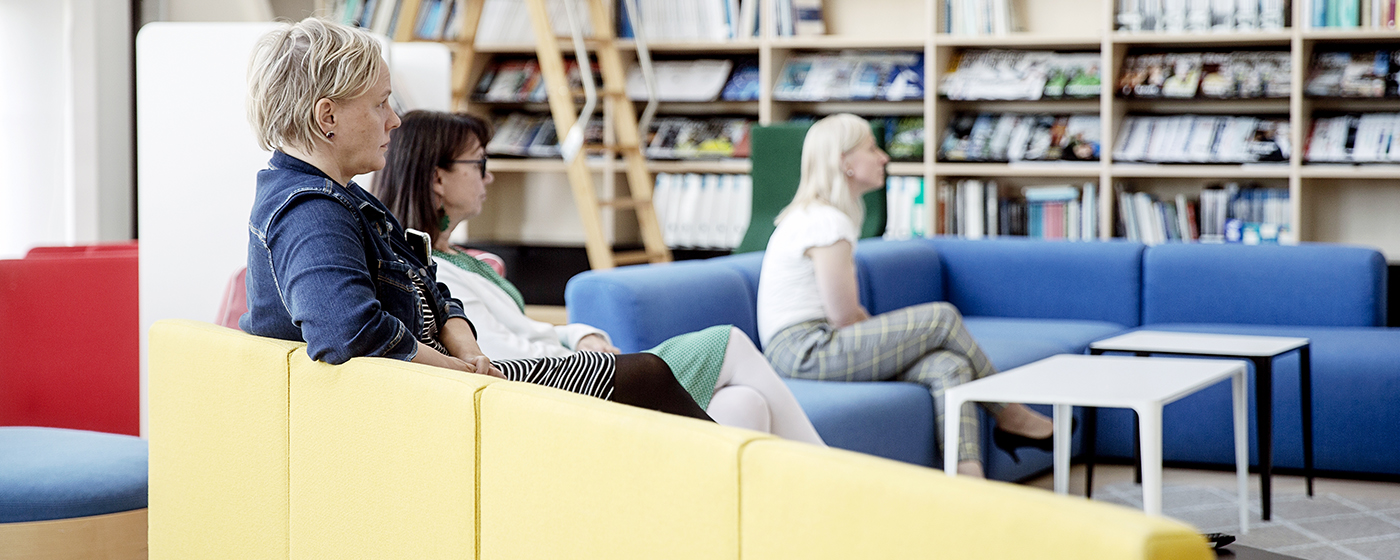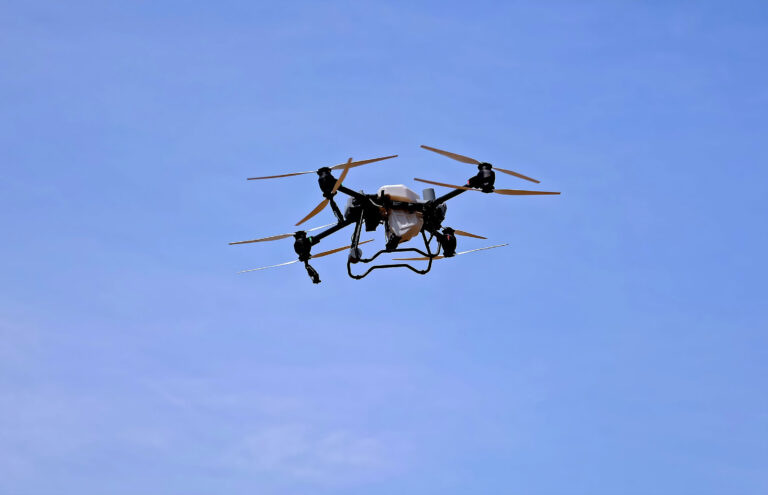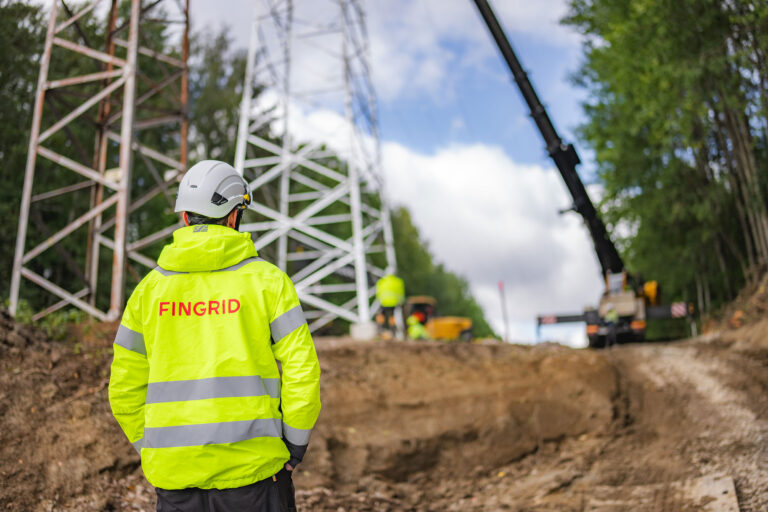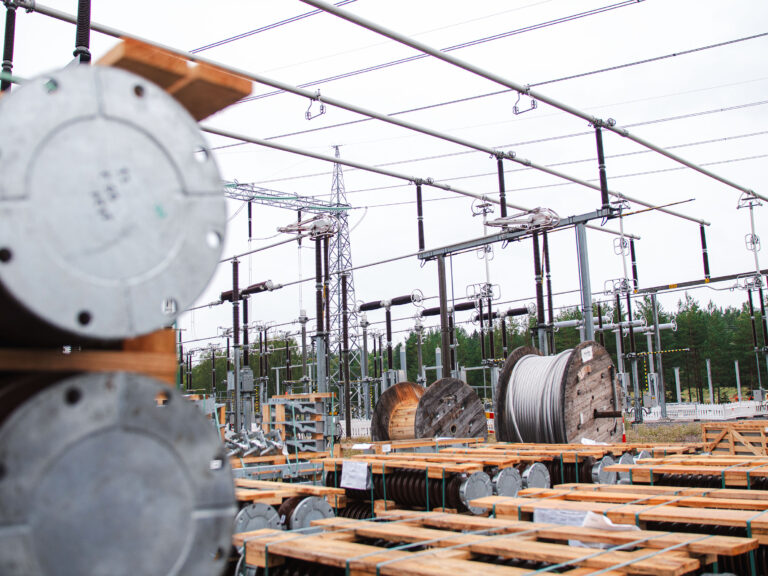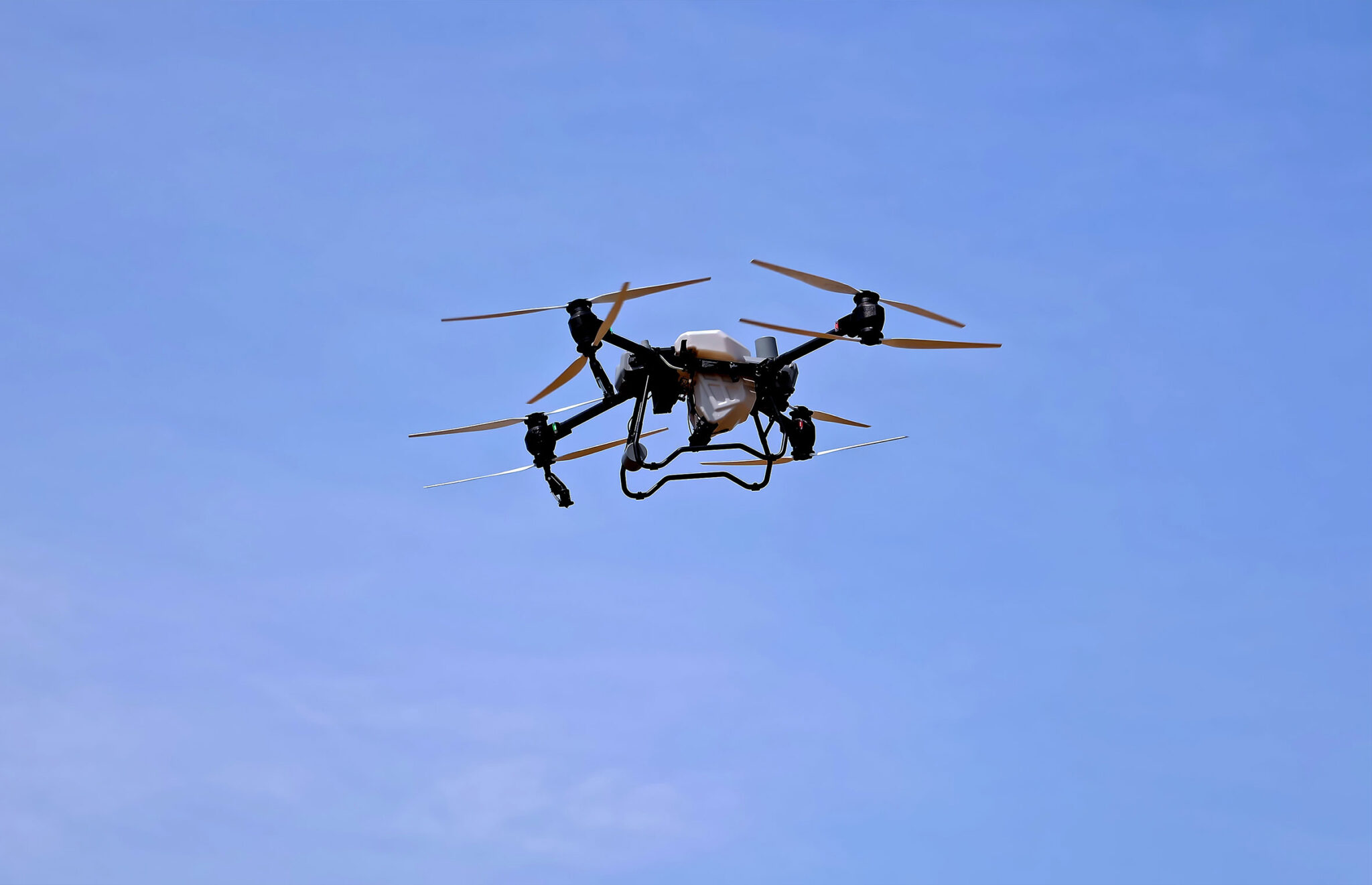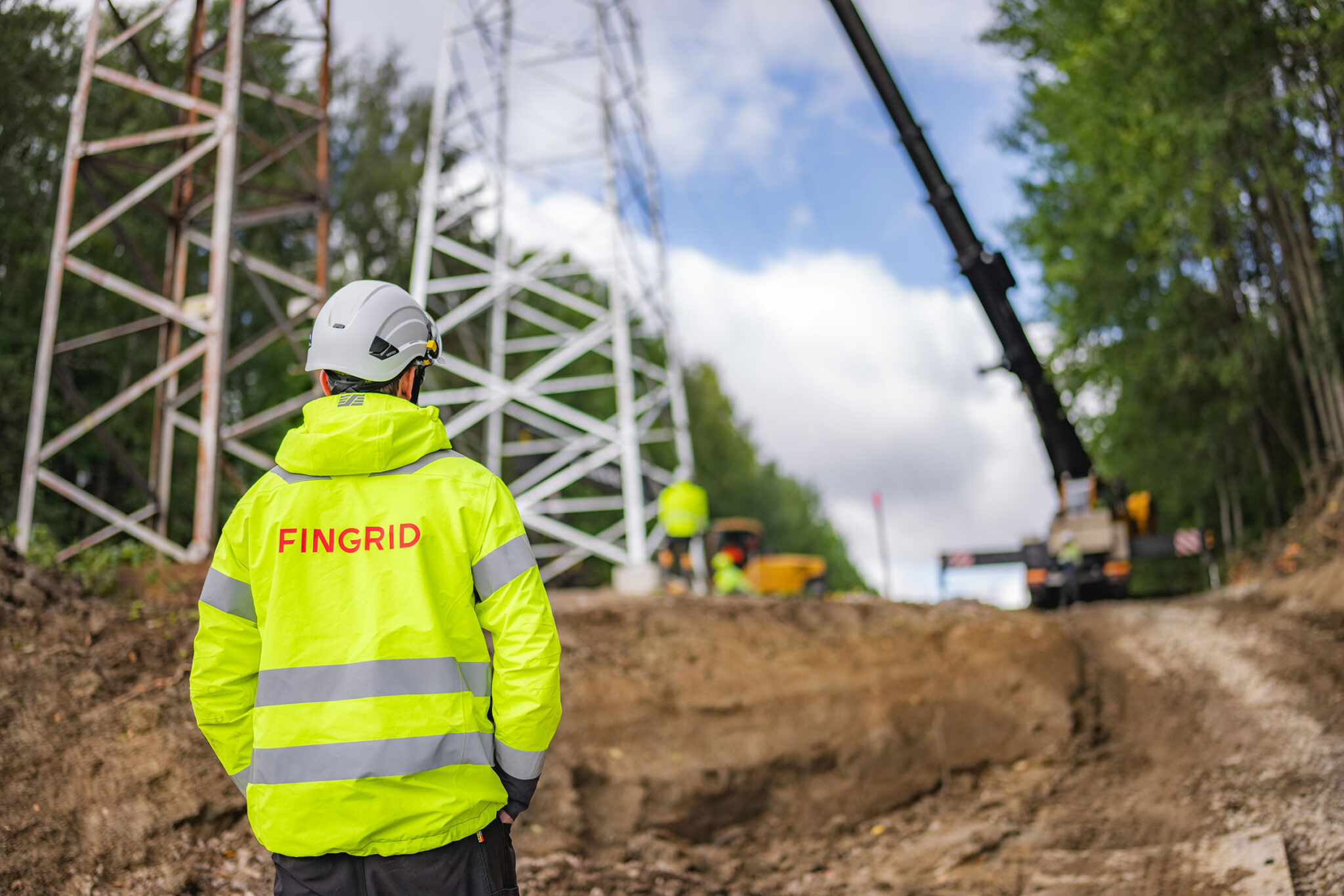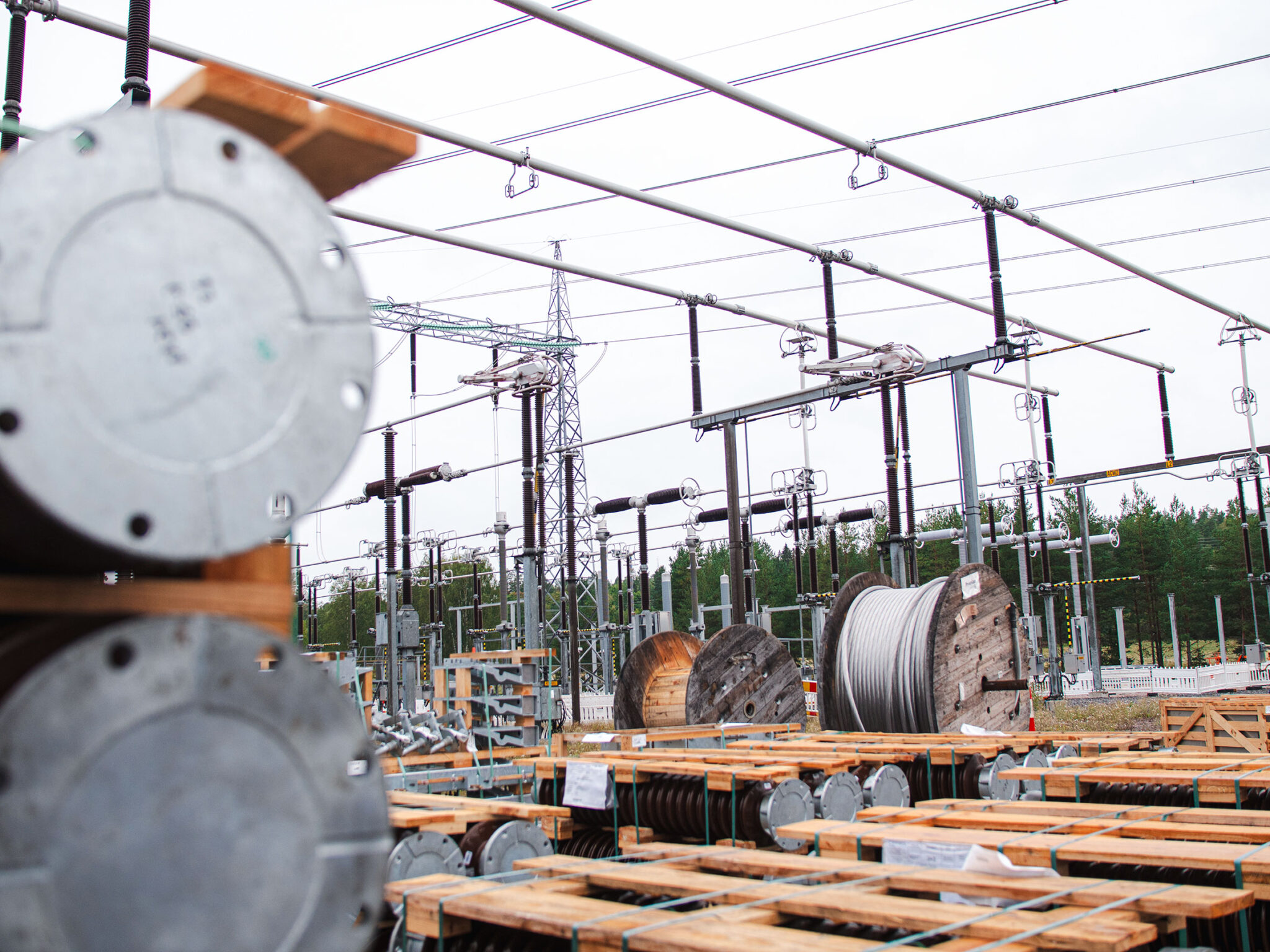By arranging the climate-themed week, Fingrid aimed to raise awareness among its personnel of climate issues and encourage everyone to reduce their climate impact in their private lives as well as at work.

During the week, climate specialists gave speeches at Fingrid’s office in Käpylä and via Teams. Workshops were held to practice things like waste sorting under the guidance of Remeo.
Is it possible to do good business while saving the world?
Futurist and Non-fiction Author Elina Hiltunen took a strong stand in favour of climate action.
“Climate change and the pollution of the environment are visible megatrends that will have a powerful effect on the future. However, the future is not set in stone. By anticipating the risks of climate change, we can influence the realisation of these trends,” Hiltunen emphasises.
Hiltunen also highlighted the impact of the coronavirus on climate change. The pandemic is expected to reduce global carbon dioxide emissions by approximately 2,000 million tonnes, but even that is not enough. In order to limit global warming to 1.5 degrees as proposed by the IPCC, emissions will need to be cut by 2,800 million tonnes per year.
The third global megatrend – the increase in consumption – will also have a major impact on the climate.
“The coronavirus pushed back the Earth Overshoot Day to 22 August, in practice delaying it by just a few weeks. If everyone consumed as much as Finnish people, we would need four times of our planets’ renewable resources created in a year to cover one year’s consumption.”

In particular, Hiltunen encourages companies to take action for the good of the environment.
“The question is: how can organisations do good business while also saving the world? One principle could be a commitment to the UN Sustainable Development Goals and aligning the business with the realisation of the Goals,” Hiltunen proposes.
When the climate changes, so do species
Biodiversity and Communications Expert Riku Lumiaro says that climate change is causing a significant decrease in biodiversity.
“Climate change is advancing so rapidly that neither nature nor humans can keep up. The eutrophication of the soil and the disappearance of traditional habitats is also affecting species and increasing the number of endangered species. This trend can be observed in Finland and elsewhere in the world,” Lumiaro says.
According to an assessment of the threats facing Finland’s species, which was published last year, one in every nine of the 22,500 assessed species is endangered. Similarly, every second biotope in Finland is endangered, as are all of the traditional habitats. In addition to the damage wrought by climate change, traditional habitats are threatened by field clearing and especially by overgrowth and eutrophication, as well as construction in some areas. In particular, old forests are rapidly disappearing in southern Finland. The total number of extinct species in Finland is 312, and the majority of these species lived in traditional habitats. Following the 2019 publication of the report, there have now been five reports on endangered species.

“In the 2019 Red List, the yellow-breasted bunting was classified as extinct in Finland. In terms of mammals, we have lost the European mink, garden dormouse and harbour porpoise. Some mosses, lichens, birds and hymenopterans are currently critically endangered. On the other hand, global warming is bringing new species to Finland from Central and Southern Europe, and these are displacing existing species, particularly those that live in harsher conditions,” Lumiaro says.
For example, many species of butterfly have moved further north in Finland due to the presence of new species in the south. Among other species, global warming has led to the introduction of new bat and frog species into Finland, as the raccoon may spread from Germany to Finland as an invasive species within 20–30 years. The gold common jackal has already made its own way to Finland, having first been observed here in winter 2018.
“Put simply, climate change is altering species, and this is not unequivocally good or bad. It is difficult to forecast changes in species and their habitats, but it is clear that major changes are on the horizon in the coming decades.”
Lumiaro also calls for environmental action to mitigate climate change.
“From the perspective of companies, the most important climate action would be to strive for and achieve carbon-neutrality. Just one per cent of the world’s companies are taking positive action in terms of biodiversity and climate change, and Fingrid is among them. There is no quick fix for climate change – it requires everyone to be involved.”

